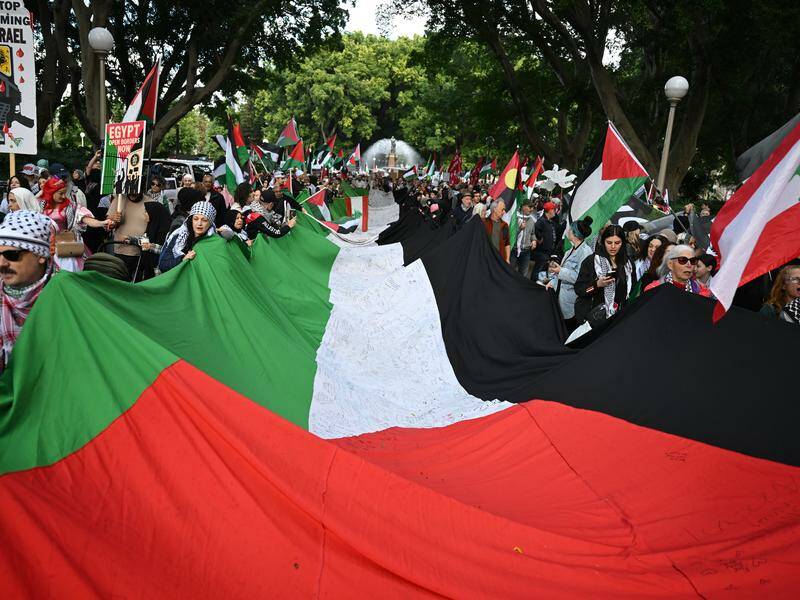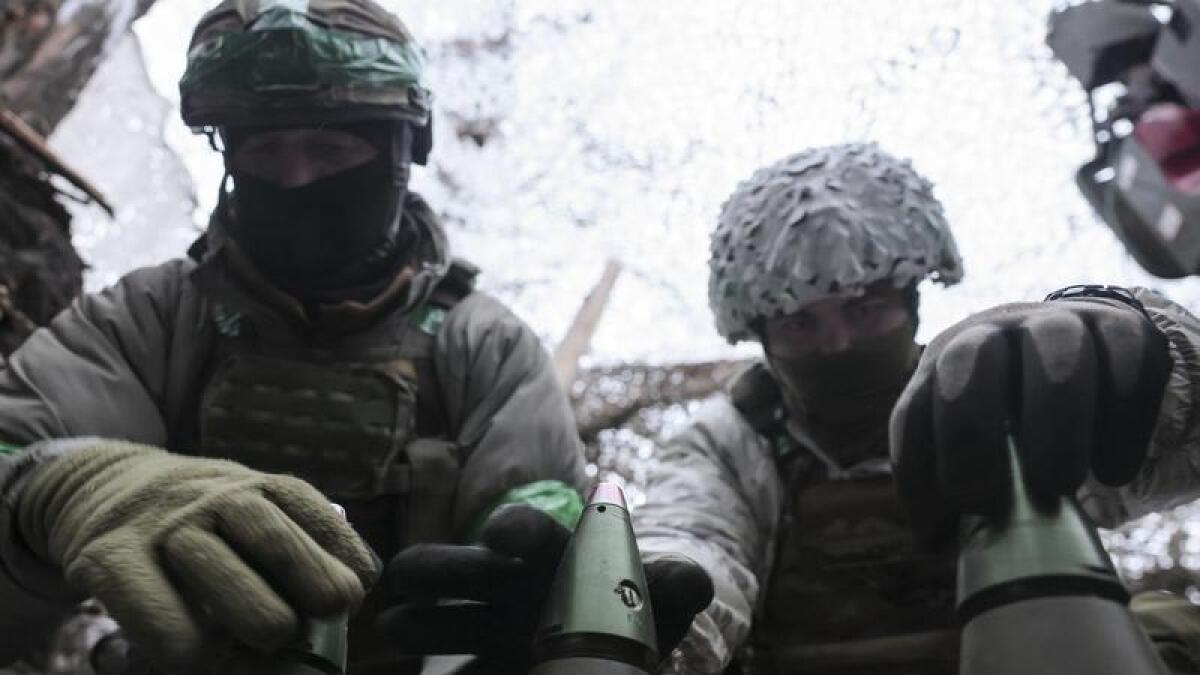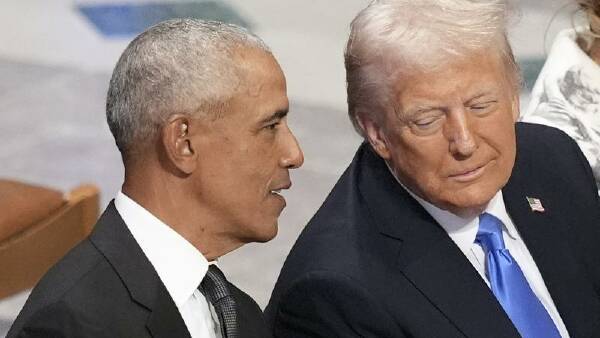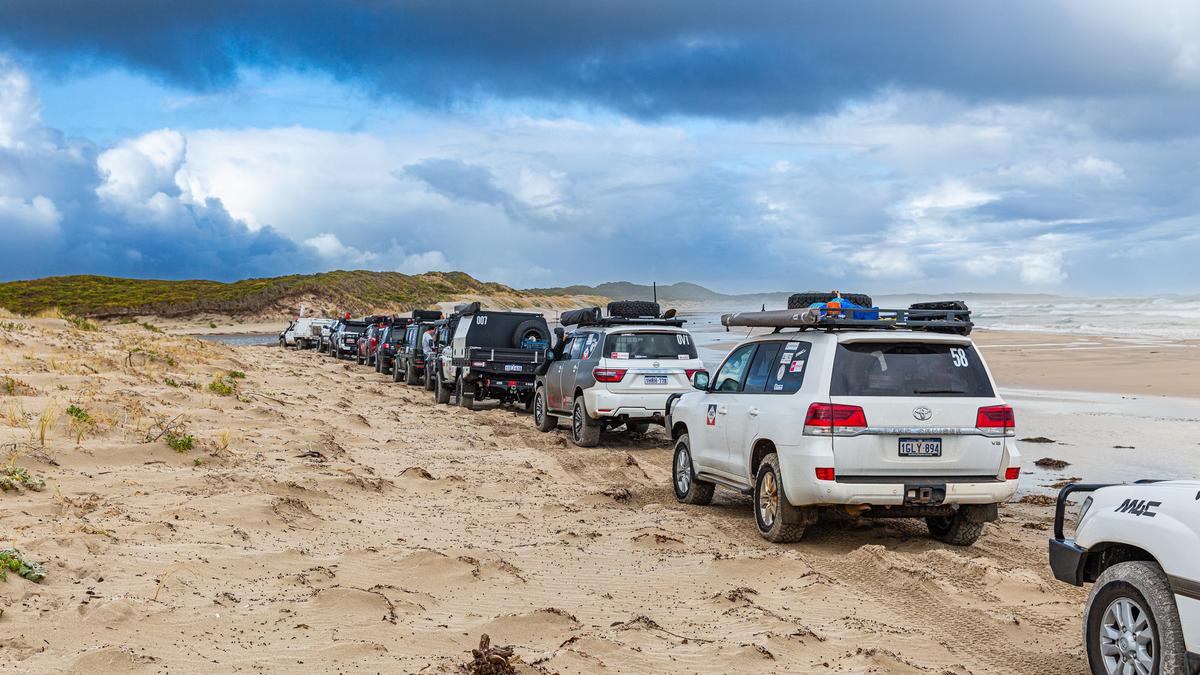
Australian Prime Minister Anthony Albanese is maintaining his position against mounting calls to recognize a Palestinian state, despite the ongoing humanitarian crisis in Gaza. Albanese stated that there is no set timeline for such a recognition, emphasizing that the current situation might instead present an opportunity for lasting peace in the region.
The pressure on Australia escalated following comments from UK Prime Minister Keir Starmer, who indicated that the United Kingdom would recognize Palestine unless Israel moved to secure a ceasefire and increase humanitarian aid to Gaza. This announcement follows France’s declaration as the first G7 nation to support Palestinian statehood ahead of a United Nations meeting scheduled for September.
In a press conference in Canberra, Albanese articulated the need for circumstances that would genuinely advance the creation of two states. He noted, “What we’re looking at is the circumstances where recognition will advance the objective of the creation of two states.” He also mentioned that he had spoken with Starmer recently and anticipated further discussions in the coming days.
Despite the challenges, Albanese suggested that the ongoing conflict could lead to a pivotal moment for peace. He stated, “Sometimes out of a crisis comes a moment of opportunity to actually advance forward in a real way.” The prime minister expressed his concern regarding the humanitarian toll of the conflict, which follows Hamas’ attack on Israel on October 7, 2023, resulting in thousands of deaths and around 200 hostages taken.
According to Gaza’s health ministry, the ongoing conflict has claimed approximately 60,000 lives during Israel’s counteroffensive. The Israeli government has restricted food and medical supplies into Gaza, controlling all entry points to exert pressure on Hamas. International voices are increasingly calling for Israel to allow more humanitarian aid as malnutrition-related deaths continue to rise.
Albanese remarked on the global reaction to the events in Gaza, stating, “The world looks at what is happening in Gaza and expresses that it is unjustified and that it is a tragedy that the ongoing loss of innocent life, the ongoing impact of the decisions to restrict aid.”
Calls for Action
Former cabinet minister Ed Husic urged the federal government to act on the “moral momentum” surrounding the issue and recognize a Palestinian state immediately. Husic emphasized that Australia could significantly influence the global discourse by making such a decision.
The remarks from the Australian government have been met with mixed reactions domestically. Donald Trump, the former president of the United States, expressed his disapproval of putting pressure on Israel, stating that doing so would reward Hamas. He said, “If you do that, you really are rewarding Hamas and I’m not about to do that,” while highlighting the need for increased food supplies to Gaza.
Opposition foreign affairs spokesperson Michaelia Cash aligned with Trump’s stance, arguing that Australia should not reward Hamas while it maintains control over Gaza and continues to hold Israeli hostages. In contrast, Husic contended that recognition of a Palestinian state could be made without legitimizing Hamas and could even exert pressure on the group.
Calls for immediate recognition also came from Michele O’Neil, president of the Australian Council of Trade Unions. She stated, “Seeing starvation being used as a weapon of war is completely unacceptable,” urging for increased pressure on Israel to address the humanitarian crisis.
A coalition of 15 countries, including Australia, France, and the UK, recently issued a statement backing the recognition of Palestine. This statement was framed as a crucial step towards achieving a two-state solution. The foreign ministers condemned Hamas for its attacks on Israel in 2023, called for the release of hostages, and emphasized the need for a ceasefire alongside increased humanitarian aid.
The ministers expressed serious concern over the high number of civilian casualties and the deteriorating humanitarian situation in Gaza while welcoming commitments for reform from the Palestinian Authority.






